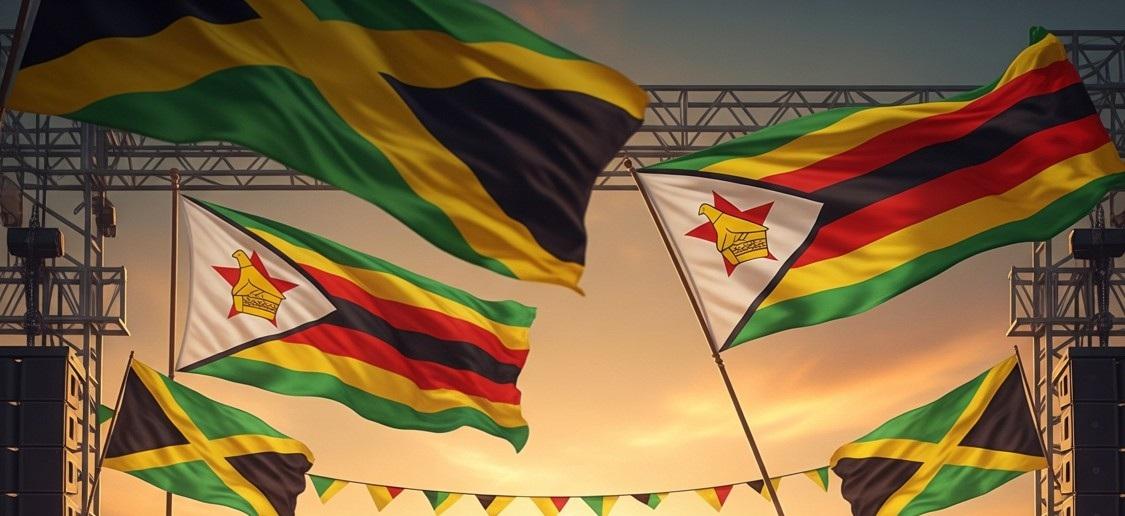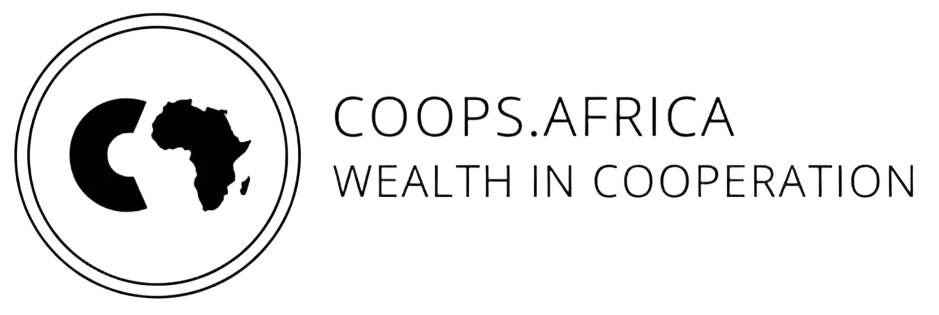From Reggae Roots to Zimdancehall Riches: Strengthening the Zimbabwe–Jamaica Cultural Bridge for Generational Wealth

Reggae music has long been more than just sound—it’s been a spiritual language, a political tool, and a cultural lifeline. From the Rastafari chants of Trenchtown to the ghetto echoes of Mbare, reggae has connected Jamaica and Zimbabwe in profound ways. This connection is not just artistic—it's historical, emotional, and deeply pan-African. And now, it holds the potential to become an economic and generational wealth opportunity for both nations.
The Spiritual and Cultural Bridge
When Bob Marley performed at Zimbabwe’s independence celebration in 1980, it was more than just a concert—it was a declaration. Reggae, with its message of resistance, liberation, and black pride, was already embedded in the hearts of Zimbabweans who had fought for freedom. From that moment on, reggae and its offspring, Dancehall and Zimdancehall, became tools of identity, community storytelling, and social commentary.
Zimdancehall emerged not just as a localized copy of Jamaican Dancehall but as a unique response to Zimbabwe’s realities—youth unemployment, social frustration, and the need for expression. Yet, at its core, the spirit remains the same: music as a movement, not just entertainment.
Time to Evolve: From Cultural Exchange to Economic Collaboration
While the cultural relationship has remained strong for decades, it’s time to evolve it into something more strategic, structured, and wealth-generating. Imagine Jamaican producers co-owning music distribution channels with Zimbabwean artists. Picture African-owned fashion lines exporting Dancehall streetwear from Harare to Kingston. Visualize a cross-continental cooperative where royalties, rights, merchandise, and creative IP are not just shared—but multiplied.
This is not just possible—it’s urgent.
The Dancehall Music Co-op: A Platform for Economic Unity
The Dancehall Music Co-op, rooted in the Zimdancehall movement, presents a ready-made platform to formalize and deepen this cultural bridge. Through co-operative ownership, the co-op enables artists from both Zimbabwe and Jamaica to:
-
Jointly fund music and video projects that resonate across continents.
-
Trade merchandise and fashion, strengthening local manufacturing and global streetwear brands.
-
Invest in creative industries using co-op capital and collective borrowing power.
-
Teach and learn from each other through artist residencies, workshops, and international collaborations.
By working through structures like the Cooperative Debentures Exchange (CDE), these partnerships can also become investment opportunities—generating passive income, supporting youth start-ups, and building multi-sector value chains from the ground up.
A Pan-African Dream in Motion
This is a moment to turn cultural solidarity into economic revolution—where artists, fans, entrepreneurs, and community builders don’t just vibe to the same rhythm, but build legacy together.
The Zimbabwe–Jamaica reggae link must now graduate into shared prosperity. From Bob Marley’s independence anthem to today’s Zimdancehall anthems, the next verse must be about ownership, innovation, and cooperative wealth.
Let’s not just sing together—let’s build together.
- Market Reports
- Economic
- Social and Development
- Communication, Marketing & Success Stories
- Regulation
- Other
- SADC
- African Union



